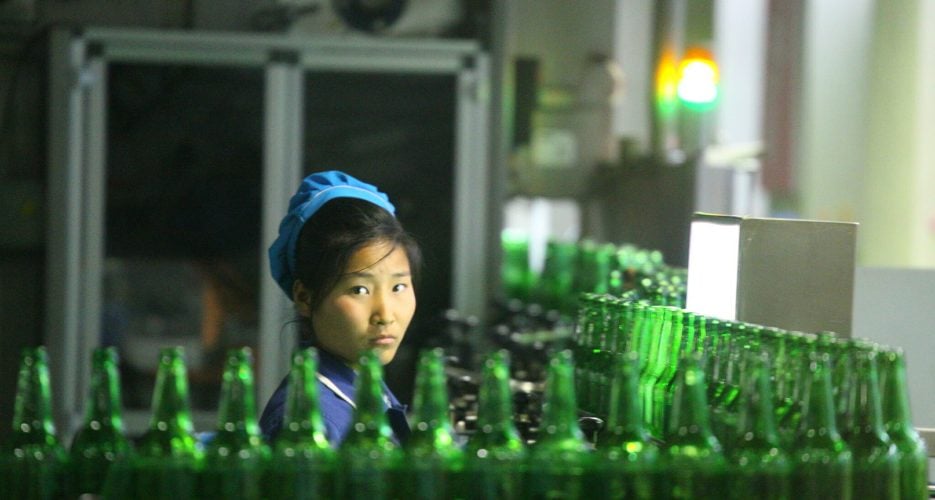SEOUL – One of the most important peculiarities of the North Korean economy is the existence of numerous Foreign Currency Earning Companies (FCEC) that, usually with flowery Chinese-style names, sell resources to China, and import consumption goods to North Korea.
Most communist states historically followed the Soviet model that made foreign trade the nearly exclusive preserve of a particular branch of the central government – typically this branch was known as the ‘Ministry of Foreign Trade’. All exportable items had to be submitted to this ministry which in turn negotiated and made deals with overseas partners. This highly centralized system of foreign trade was established in the Soviet Union under Lenin and was ideologically ‘blessed’ by the founder of world communism himself.
SEOUL – One of the most important peculiarities of the North Korean economy is the existence of numerous Foreign Currency Earning Companies (FCEC) that, usually with flowery Chinese-style names, sell resources to China, and import consumption goods to North Korea.
Most communist states historically followed the Soviet model that made foreign trade the nearly exclusive preserve of a particular branch of the central government – typically this branch was known as the ‘Ministry of Foreign Trade’. All exportable items had to be submitted to this ministry which in turn negotiated and made deals with overseas partners. This highly centralized system of foreign trade was established in the Soviet Union under Lenin and was ideologically ‘blessed’ by the founder of world communism himself.
Become a member for less
than $5.75 per week.
Unlimited access to all of NK News: reporting, investigations, analysis
The NK News Daily Update, an email newsletter to keep you in the loop
Searchable archive of all content, photo galleries, special columns
Contact NK News reporters with tips or requests for reporting
Get unlimited access to all NK News content, including original reporting, investigations, and analyses by our team of DPRK experts.
Subscribe now
All major cards accepted. No commitments – you can cancel any time.













